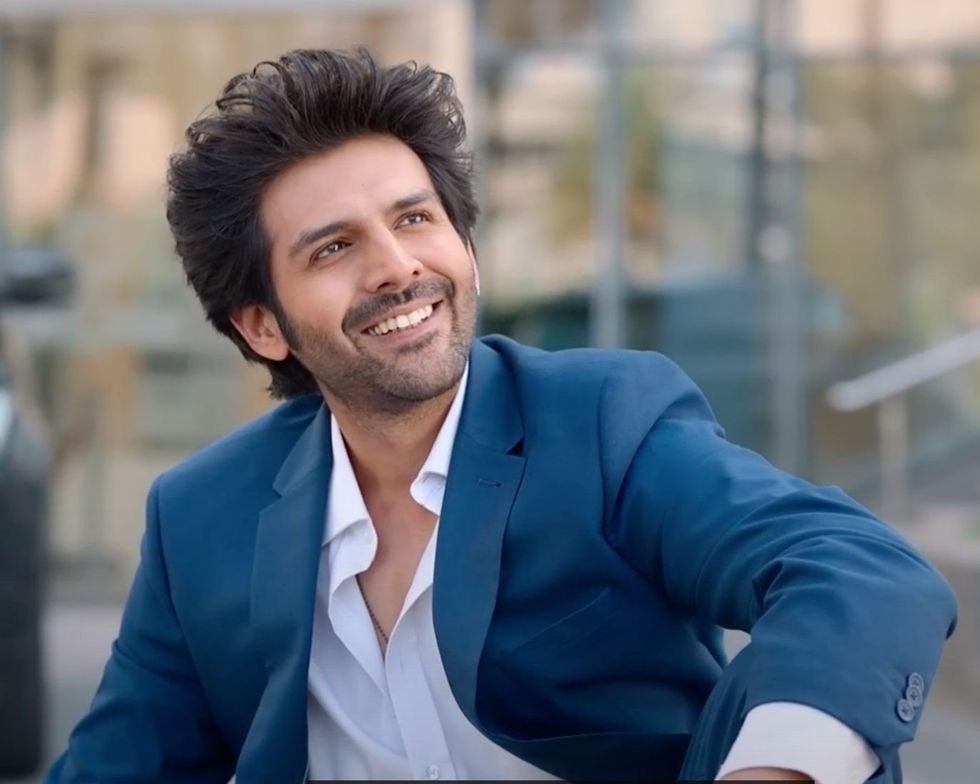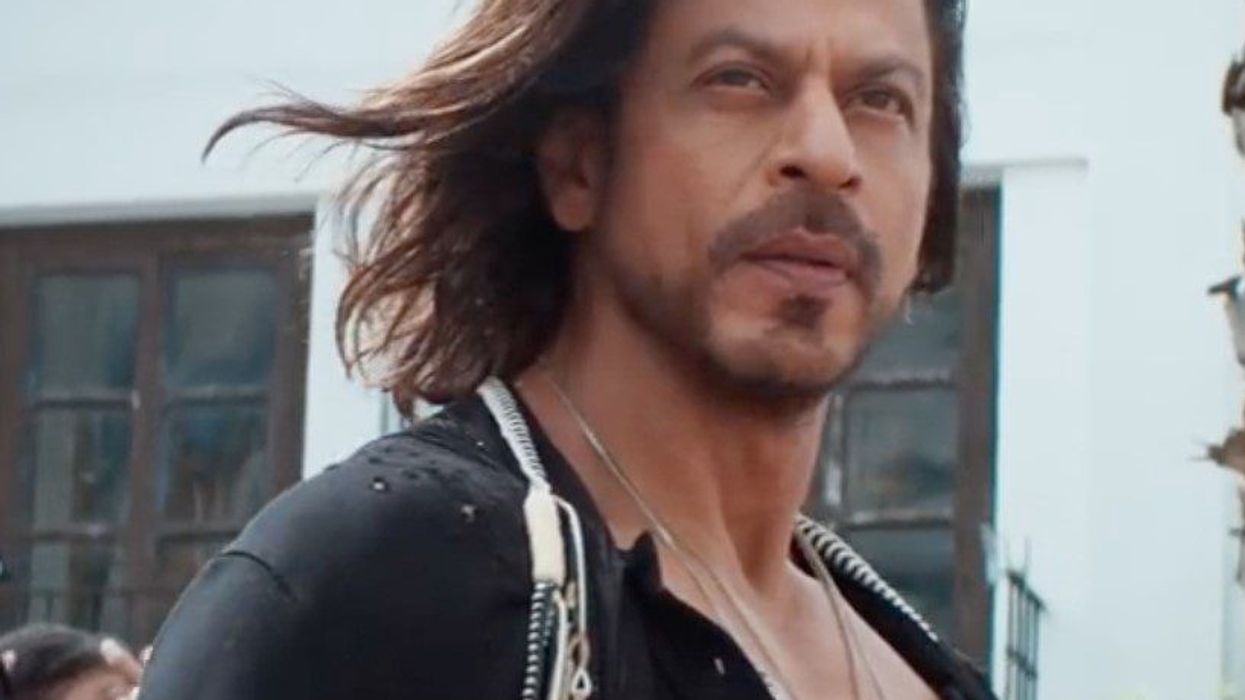BOLLYWOOD going through a terrible time at the box office in the last few years is not a secret.
It perhaps being the worst phase in its entire history meant that Pathaan becoming a big blockbuster hit came as a welcome relief. But did the film fraternity start celebrating too early? The Shah Rukh Khan starrer’s major global success made many believe that the bad times were over, and audiences would once again flock to see Hindi movies again.
Producers who had been dumping their films on streaming sites thought about the big screen again and those with major releases ready were seeing major rupee signs as they booked cinemas. Others started to ridicule the boycott movement that has done so much damage to Bollywood in recent years, by saying protestors couldn’t make any difference to the success of a movie.
Unfortunately for Bollywood, all the films that have been released in cinemas since Pathaan packed in audiences globally, have crashed at the box office and shown that it didn’t trigger any kind of tidal change. Major movies released since then like Shehzada, Selfiee, Tu Jhoothi Main Makkaar and Mrs Chatterjee Vs Norway have all badly failed, with some being colossal disasters. It has shown the bad times are not over, and Bollywood will be feeling pain for a long time to come. That is largely due to the industry not fixing mistakes that plummeted Hindi cinema into its current crisis.

One illustration of this is that movies released have been getting negative reviews. Interestingly, many of those that have released straight onto streaming since then, like Almost Pyaar with DJ Mohabbat and Lost have also garnered largely bad reviews.
There are still way too many remakes, ageing heroes, poor writing, bad directing, unoriginal music and ridiculous marketing techniques. Nepotism means those with family connections are still getting work ahead of real talent. The Hindi cinema industry needs to realise that one successful movie won’t rectify these errors. That is like expecting a coat of paint to fix a broken-down old house, with everything from the electric fixtures to walls, roof and windows being badly damaged.
The many streaming sites, regional cinema boom and smartness of Hollywood strategies in India means audiences are no longer willing to accept second best. There was a time, when they didn’t have such choices and would watch even the most terrible films. Now they would rather stay at home with a streaming site or turn their attention to Hollywood and the thriving regional industries like Telugu cinema.

That sense of optimism with producers post-Pathaan has been replaced with worry. Now those who have pumped in huge amounts of money are concerned they will add to the many flops Bollywood has had in the past few years. Although streaming sites like Netflix remain a toilet for bad Indian content, they are not willing to pay huge prices like before, which means that cinema collections have become even more important.
The next big test will be major Eid release Kisi Ka Bhai Kisi Ki Jaan because it is released on one of Hindi cinema’s most lucrative dates of the year. If that film fails, then it will be a stark reminder of how bad things really are. With a 57-year-old Salman Khan opposite a heroine in Pooja Hegde, who wasn’t even born when he became a star, combined with his terrible recent track record on Eid, it looks like another costly disaster.
Pathaan lead star Shah Rukh Khan has two more movies releasing this year, with Jawan and Dunki, but they aren’t enough to save the industry that has been haemorrhaging audiences in the last five years.
Bollywood badly needs new young talent, and filmmakers in tune with evolving tastes, not those who have clearly run out of ideas and are stuck in the past. They can learn from films that were on offer at the recent Oscars like Everything Everywhere All at Once, The Banshees of Inisherin, Women Talking and All Quiet on the Western Front, which showed variety and great writing. Only by learning will Bollywood recover, not by celebrating the success of one film.




